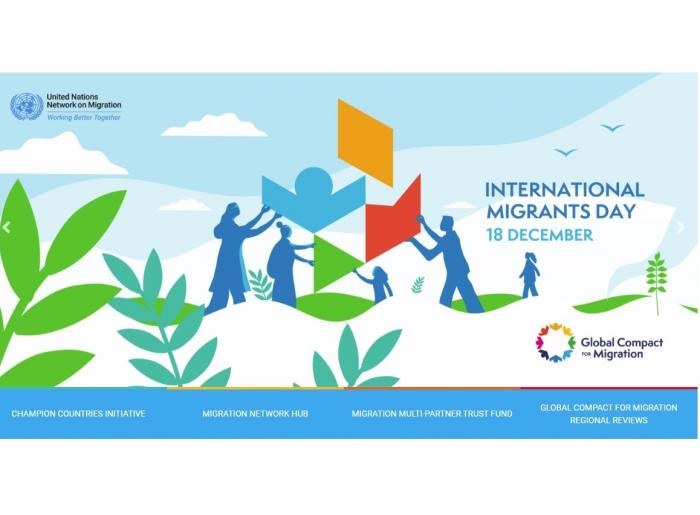One way to learn about and from their invaluable contributions to the public health response is to reach out to communities and hear what “experts by experience” have to say. This includes migrant health-care workers who are at the frontline of the response to the pandemic, dedicating themselves to improving the health of all people. Dr Hans Henri P. Kluge, WHO Regional Director for Europe, sat down for a virtual talk with nurse Julia Fomenkova, who moved from Belarus to work in St. Petersburg, Russian Federation, as an anaesthesiology nurse in an oncological dispensary.
“When working in oncology, with very difficult patients, every shift is different, and I feel proud of every successful resuscitation. It’s the best part of my work,” explains Julia. She also has great respect for her colleagues, including those who have been called to work in COVID-19 hospitals. “I think they are heroes. Even though they do not consider themselves as heroes. They just say: ‘We were doing our job’.”
Julia supports her colleagues by staying in touch over social media and maintaining a social bond despite the physical distance. She is confident that once everyone understands and implements the public health measures, the coronavirus will eventually be eradicated – through collective action.
“I believe that if all people understand that there is a global challenge and begin to observe all the measures that are communicated everywhere, then we will cope with this faster and the virus will leave us.”
While it should not require a pandemic to recognize the contributions of refugees and migrants, International Migrants Day is an opportunity to advocate for the rights of those who are often undervalued yet actively support the health and well-being of host societies. The COVID-19 pandemic has revealed how interconnected we are. Just as there can be no public health without universal access to health care, so there can be no room for marginalization and discrimination when it comes to presenting a united front against the public health emergency we are facing together.

 The European Forum of National Nursing and Midwifery Associations (EFNNMA) is the voice of nursing and midwifery within WHO European Region.Working in partnership and strategically with WHO and other key stakeholders we aim to influence health policy, improve the quality of health services and the health of people across the 53 Member States of the Region. We are passionate advocates of the central and unique contribution that Nurses and Midwives make to individual and population health and well-being across Europe and are committed to ensuring both professions are supported to deliver excellence in their practice. As the nature of care changes we believe that strengthening and developing the nursing and midwifery workforce through the provision of lifelong learning and research delivers excellence in public health and people-centered healthcare.
The European Forum of National Nursing and Midwifery Associations (EFNNMA) is the voice of nursing and midwifery within WHO European Region.Working in partnership and strategically with WHO and other key stakeholders we aim to influence health policy, improve the quality of health services and the health of people across the 53 Member States of the Region. We are passionate advocates of the central and unique contribution that Nurses and Midwives make to individual and population health and well-being across Europe and are committed to ensuring both professions are supported to deliver excellence in their practice. As the nature of care changes we believe that strengthening and developing the nursing and midwifery workforce through the provision of lifelong learning and research delivers excellence in public health and people-centered healthcare. 




